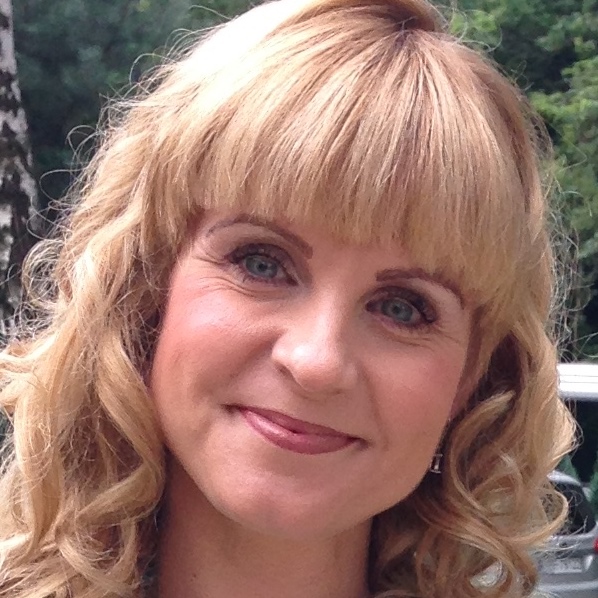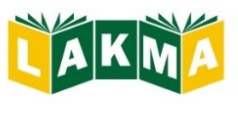
BIODATA
Katarzyna PAPAJA – PhD in Applied Linguistics, works at the State University of Applied Sciences, Konin, Poland. She specialises in Methods of Teaching English as a Foreign Language and Bilingual Education. She has given talks at many international and has published widely on bilingual education methodologies (mainly CLIL). She was a part of the teamwhich conducted groundwork leading to the publication of Profile Report – Bilingual Education (English) in Poland; and was awarded a few scholarships to do teaching in Great Britain, USA, Germany and Switzerland. She is one of the founders of the international LIF (LANGUAGE IN FOCUS) conference during which she organises special CLIL and CLILiG symposia. Sheis an editor of LIF Journal published by DeGruyter and a reviewer of a few academic journals.
PLENARY
Focus on a CLIL teacher. A few remarks on the importance of reflection in a CLIL teacher’s professional life
Teacher quality and teacher competence are concepts that are often referred to and frequently applied in different educational contexts. Whitty (1996) identifies two sets of qualities that characterise a successful professional teacher: professional characteristics and professional competences. These two sets of qualities can be noticed and fully understood by each teacher through the process, which is called reflection.
The aim of this presentation is to provide an outline of the research on the role of reflection among CLIL teachers starting with a brief description of the features of an ‘ideal CLIL teacher’ and the place of reflection in a CLIL teacher’s professional life. The study, which is to be presented, was conducted among teachers from different types of schools – Primary School, Junior High School and Secondary School in which subjects are taught in English. The main aim of the study was to find out what kind of teachers the participants of the study are and what kind of teachers they would like to be. More than 80 CLIL teachers participated in the study and they were asked to take part in an interview. Special questions had been designed for the purpose of the study. The most interesting answers are to be presented and analysed in the presentation.
Whitty, G. (1996). Creating Quasi-Markets in Education: A review of recent research on Parental choice and school autonomy in three countries. Review of Research in Education, 22, 89-95.
